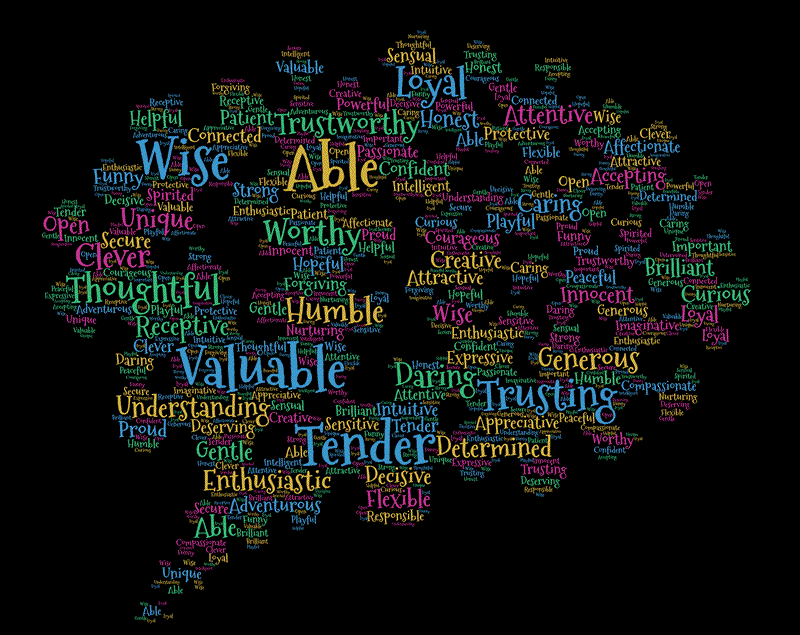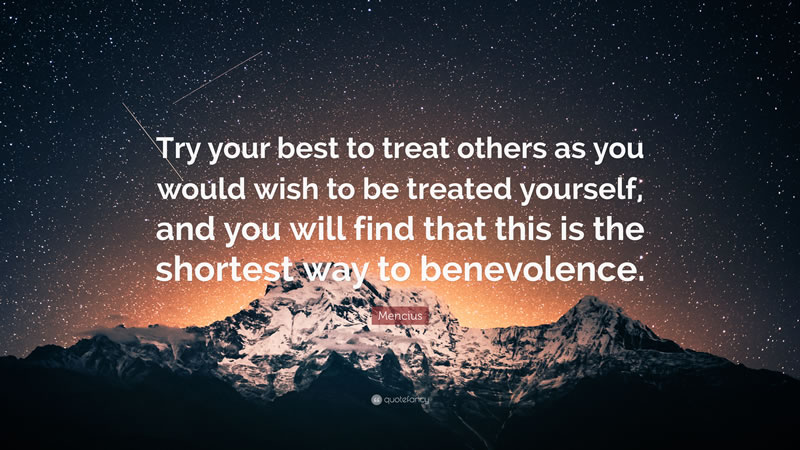have you ever considered the role you play in other people’s stories?
(You are a character in their plot line and your characters’ attributes are determined by how you interact with them and the impression you leave)
I wrote a little time back about being the hero of your own story and being in control of your own life and destiny. However, have you ever considered the role you play in other people’s stories?
In this regard, you are a character in their plot line and your characters’ attributes are determined by how you interact with them and the impression you leave. This impression can sometimes just be fleeting and have no particular impact (more of a walk on character) and other times it can leave a lasting impression (either good or bad) which can colour that person’s plot line forever.
Every time you step out of your own door it’s wise to bear this in the back of your mind.
If you interact in an aggressive or confrontational manner with someone else, their story will have you marked down as a villain or bully and, more importantly, that is how you will be REMEMBERED. In fiction we all know what happens to the villain in the end don’t we?


If you act in too gentle a way or always give in to those around you, you will be remembered as such and may find you will get walked over if not ignored entirely. Worse still, this will also impact on your own story and may leave you frustrated or upset. (Hands up anyone who has thought of what they should have said hours after the incident?!)
A bit like the story Goldilocks, it pays better, when in company, to follow a middle path by being assertive yet empathic to other people’s feelings. That old saying ‘treat others how you would like to be treated yourself’ springs to mind as the perfect way to conduct oneself when out and about.
Having said all that, none of us are saints (I’m sure even actual saints would have admitted they have their faults). There are going to be times when we get it wrong and the impression we didn’t want to portray is what will get remembered. In these instances, be quick to apologise and own the error (if required) and wait to see if there is an opportunity in the future to make a better impact.
I like to use the expression “critical friend” when I sum up the best relationships, particularly those in the professional sphere.
Ask appropriate questions of that other person (in a non-confrontational manner) to coax out of them their reasons for thinking/acting as they do in a given scenario. Get them to think out loud, rationalise decisions and subsequent actions. It’s not our place to judge – we are often our own worst critic – but we can help facilitate that realisation in others that enables them to tailor their behaviours to achieve the best outcomes all round, no matter what the situation or circumstances.
If we couch our support in those terms, we can walk away from any situation with our head held high and conscience clean knowing that we have played our part fairly in that other person’s life. Perhaps we may also have given them the power to forge the best route for their life journey.
If not then don’t sweat it. Move on as you have your own story to be getting on with as well as setting the right character tone in lots of other people’s life stories. And that is the most important story, the one we ultimately have control over.


